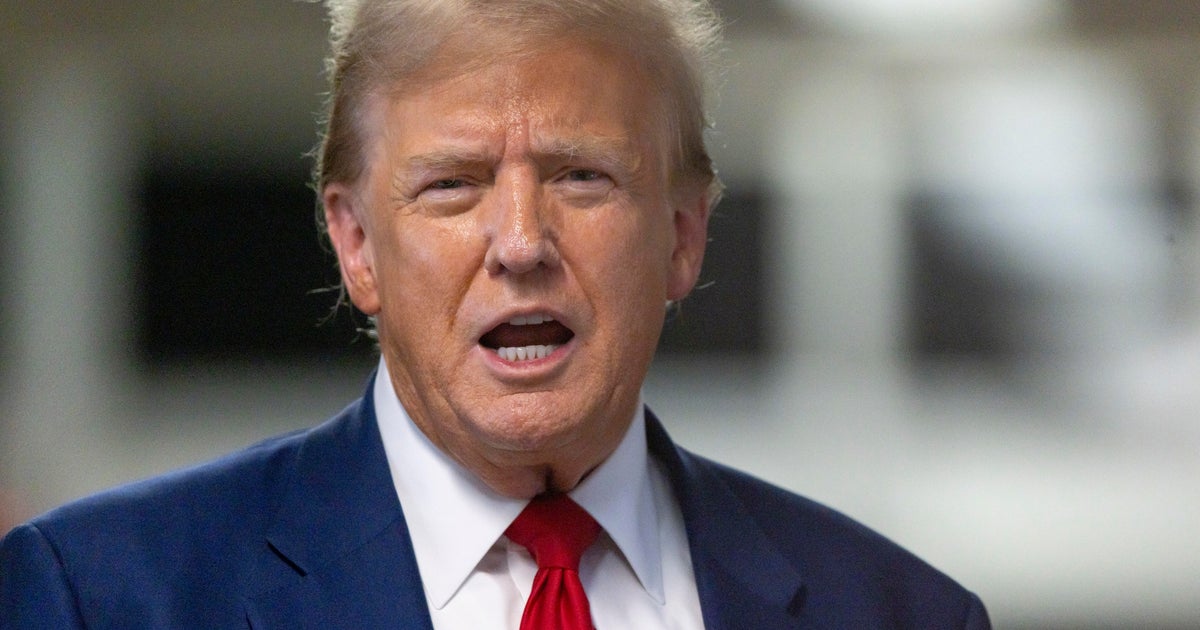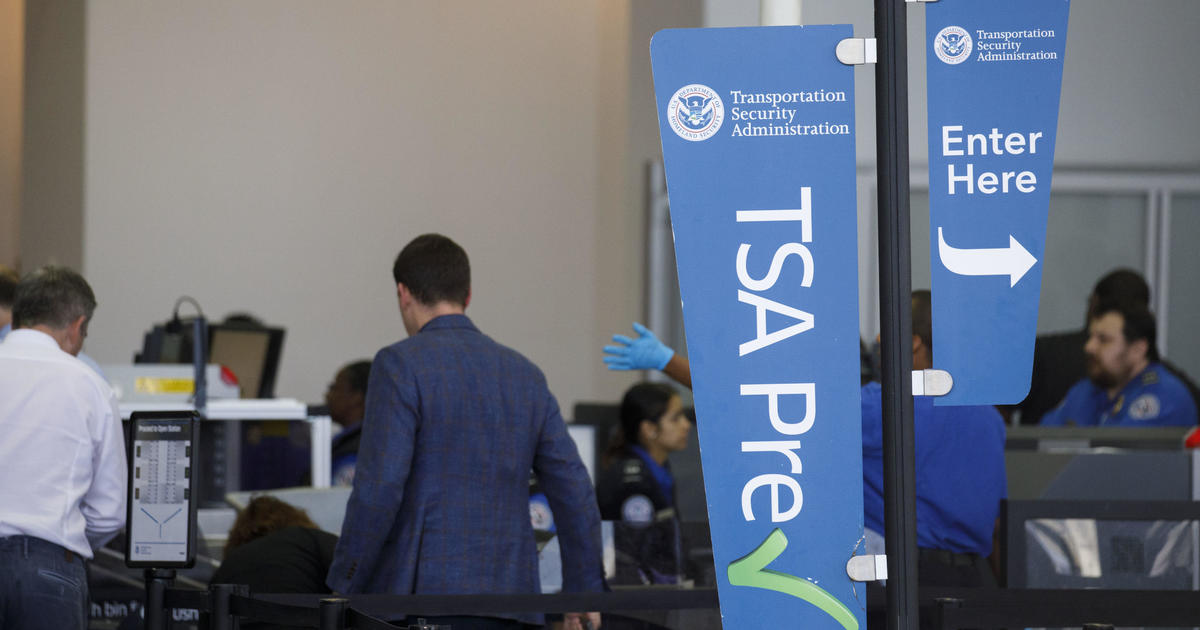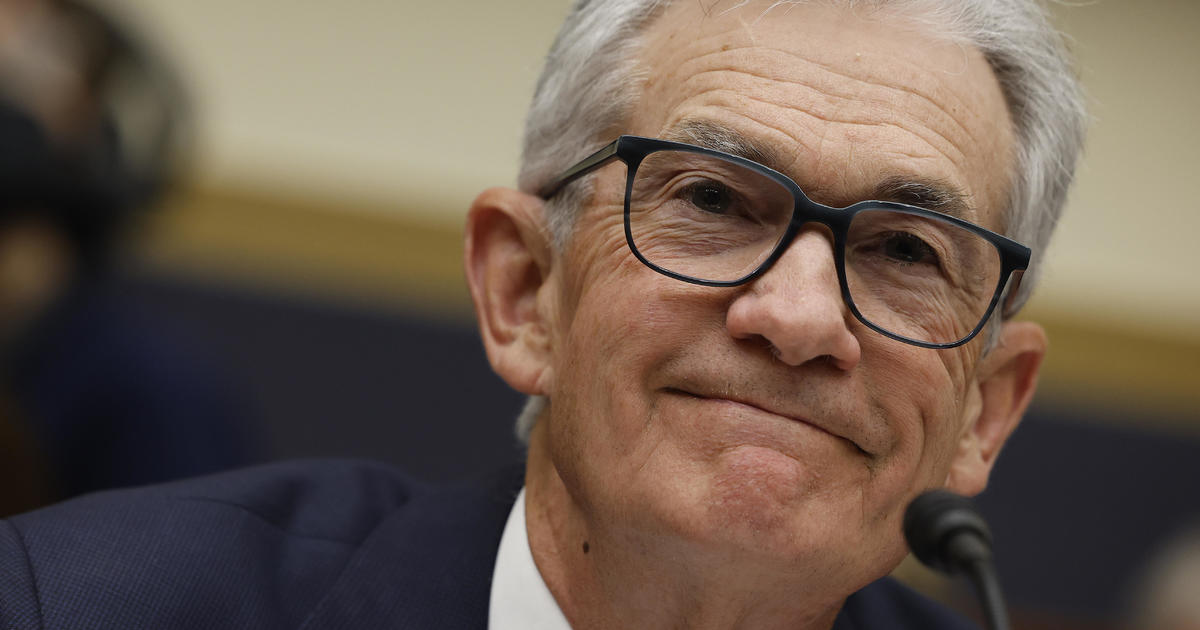Robinhood's "Investing for Everyone" approach drew millions of customers. Now it faces a revolt.
Online brokerage Robinhood attracted 13 million customers with a simple message: By eliminating commissions, it would enable "Investing for Everyone," as its slogan states. Now the trading platform is facing complaints from users who say it betrayed that mission, while outraged members of Congress are calling for investigations and Robinhood faces heightened financial pressure from Wall Street's central trade-clearing hub.
Robinhood customers have blasted the company for moving this week to restrict trading in shares of video retailer GameStop, cinema chain AMC and roughly a dozen other small public companies whose stock prices have surged swiftly and spectacularly after members of Reddit discussion board Wallstreetbets orchestrated a campaign to snap up the shares.
Robinhood explained the trading limits by saying it was complying with U.S. Securities and Exchange Commission capital requirements for brokerages and acting to protect investors. Yet the decision is sparking a backlash by investors, consumer advocates and lawmakers who claim Robinhood's freeze hurt customers while helping the hedge funds it does business with.
On Wallstreetbets, some users are vowing to switch to other trading services and expressing anger at the app and its management.
"Main Street investors are saying to Wall Street investors, 'Enough is enough'," said Dayton Young, product director at Fight for the Future, a nonprofit advocacy group calling for lawmakers to investigate Robinhood and other online brokerages. "The brokers have cut Wallstreetbets out of the market — they blocked trades in Gamestop — it allowed hedge fund managers to cash out their positions and minimize their losses"
He added, "The irony couldn't be more clear: Robin Hood stole from the rich to give to the poor, and they are doing the opposite."
Robinhood didn't immediately return a request for comment.
How Robinhood started: Stanford roomies
Robinhood was created in 2014 by two former Stanford University roommates, Baiju Bhatt and Vlad Tenev. Their idea was to draw millennials into online trading by eliminating commissions via a user-friendly app whose fun and engaging features can feel more like playing a video game more than checking in an old-school brokerage account. Customers flocked to the service, earning it kudos such as "most innovative company" from business magazine Fast Company.
In recent years, Robinhood expanded beyond stocks, adding cryptocurrencies and gold to the types of assets its customers can trade. It now has about 13 million customers.
"We want to offer the best selection of products and services," Tenev told Yahoo Finance in 2018. "We want to be a full service financial institution and offer anything that you can walk into your local bank — plus more things because I don't think you're going to get crypto from your local bank anytime soon."
How does Robinhood make money?
While most brokerages make money by charging customers fees for everything from trading to financial advice, Robinhood touts its free services as a selling point.
Yet that might not be as much of a bargain as it seems, according to Guy Gentile, founder of DayTraderPro and an expert on high-frequency trading. That's because Robinhood's profits come from taking their customers' stock orders and selling them to larger trading firms that execute the transaction.
"Their profits need to come from somewhere — that means they have to sell your orders to the higher bidder," Gentile said. "They are selling their order flow to companies like Citadel," a hedge fund.
That business model, known as "payment for order flow," recently got Robinhood in hot water with the SEC. The agency in December fined Robinhood $65 million for failing to adequately disclose the sales arrangement to clients. Between 2015 and 2018, Robinhood only partially explained in its online FAQ page how it makes money, omitting details about its largest revenue source — its customer-trading data — according to the SEC.
Citadel and other firms that are executing the trades "make their money by trading against you," Gentile said. "They are betting that Robinhood traders as a whole are going to be buying or selling at the wrong times or being margined out of their securities."
Why did Robinhood limit trading?
Tenev defended Robinhood's initial decision to limit trading in GameStop and other volatile stocks touted by Wallstreetbets.
"As a brokerage firm, Robinhood has many financial requirements, including SEC net capital obligations and clearinghouse deposits. Some of these requirements fluctuate based on volatility in the markets and can be substantial in the current environment," he said Thursday on Twitter.
Tenev also said Robinhood was unable to control what he called "the lightning-fast spread of information and misinformation that takes place on social media."
That hasn't appeased some Robinhood customers who say the company was looking out for itself, not its users. Young of Fight for the Future said he tried to buy GameStop shares on Thursday but was blocked because of the restrictions. He said his interest in buying shares stem from a belief that the stock will go up, as well as desire to be part of what he describes as a social media-driven political movement akin to Occupy Wall Street.
"We have seen hedge fund investors are willing to do whatever they can to achieve their goals," Young said. "It's disgusting to see when push comes to shove, the people in power will protect the people and institutions in power."
Cash squeeze?
Robinhood raised $1 billion from private investors in the company on Thursday night after Wall Street's central clearing hub, the Depository Trust and Clearing Corporation, demanded more collateral from brokerages to cover the increased volatility in stocks such as GameStop, according to the New York Times.
The DTCC asked for more than $35 billion from the brokerage industry, up from $26 billion previously, Bloomberg reported. Robinhood's Tenev told the publication that its capital remains "strong."
In the meantime, Robinhood is also facing a sudden rash of llegal challenges, including class action lawsuits from law firms on behalf of the trading firm's clients.
Senator Elizabeth Warren, a Democrat from Massachusetts who first proposed the financial watchdog Consumer Financial Protection Bureau in the wake of the 2008 financial crisis, this week was calling for an SEC investigation into "dramatic swings in market valuation of GameStop" and other companies, noting that such activity may place small investors at risk.
In a Friday letter to the agency, Warren wrote, "It is long beyond time for the SEC to act."



